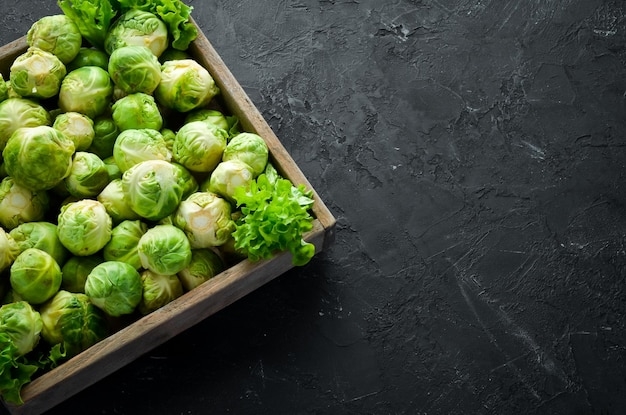Pumpkins are vegetables that belong to the Cucurbitaceae family and are widely grown in North America. They are remarkably rich in vitamins, minerals, and antioxidants that contribute to a range of benefits for our health. This article will explore the nutritional benefits of pumpkin, including its fiber content, vitamin A, and antioxidants.
Nutritional Value of Pumpkin
Pumpkins are a low-calorie vegetable that is high in nutrients such as vitamins, minerals, and antioxidants. According to the United States Department of Agriculture (USDA), 100 grams of pumpkin contains:
- Calories: 26
- Protein: 1 gram
- Fat: 0 grams
- Carbohydrates: 7 grams
- Fiber: 1 gram
- Vitamin A: 170% of the Daily Value (DV)
- Vitamin C: 11% of the DV
- Potassium: 5% of the DV
- Calcium: 2% of the DV
- Iron: 3% of the DV
Fiber Content of Pumpkin
Pumpkins are an excellent source of fiber, which is essential for our digestive health. The fiber in pumpkin can help regulate our bowel movements, prevent constipation, and reduce the risk of colon cancer. According to the USDA, 100 grams of pumpkin contains 1 gram of fiber, which is about 4% of the recommended daily intake.
Vitamin A in Pumpkin
Pumpkins are notably high in Vitamin A, a fat-soluble vitamin that is essential for eye health, immune function, and skin health. According to the USDA, 100 grams of pumpkin contains 170% of the recommended daily intake of Vitamin A. Therefore, consuming pumpkin is an excellent way to boost your Vitamin A intake and promote good health.
Antioxidants in Pumpkin
Pumpkins are rich in antioxidants that help protect our cells from damage caused by free radicals. Free radicals are unstable molecules that can damage our cells, leading to chronic diseases and aging. The antioxidants found in pumpkins include:
- Beta-carotene
- Alpha-carotene
- Lutein
- Zeaxanthin
Beta-carotene and alpha-carotene are converted into Vitamin A by the body, while lutein and zeaxanthin are essential for eye health.
How to Incorporate Pumpkin into Your Diet
Pumpkin is a versatile vegetable that can be incorporated into a variety of dishes. Here are some easy ways to add pumpkin to your diet:
- Add canned pumpkin puree to soups, stews, or sauces for a creamy texture and added nutrition.
- Roast pumpkin wedges with olive oil, salt, and pepper for a delicious and healthy side dish.
- Bake pumpkin bread or muffins using pumpkin puree for a nutritious and satisfying snack.
- Add pumpkin spice to coffee or smoothies for a seasonal flavor boost.
Frequently Asked Questions
Q. Is pumpkin good for weight loss?
A. Yes, pumpkin is a low-calorie vegetable that is high in fiber, which can help you feel full faster and eat less overall. Additionally, pumpkins are low in fat and carbohydrates, making them an excellent choice for weight loss diets.
Q. Can eating pumpkin improve eye health?
A. Yes, pumpkins are high in carotenoids such as lutein and zeaxanthin, which are essential for eye health. These carotenoids have been shown to reduce the risk of age-related macular degeneration, cataracts, and other eye diseases.
Q. Is pumpkin safe for people with diabetes?
A. Yes, pumpkins are a low-glycemic-index food, which means they have a minimal impact on blood sugar levels. They are also high in fiber, which can help slow down the absorption of carbohydrates and prevent blood sugar spikes.
Q. Can pumpkin seeds be eaten?
A. Yes, pumpkin seeds are edible and highly nutritious. They are an excellent source of protein, healthy fats, and minerals such as magnesium, zinc, and potassium. You can roast pumpkin seeds with salt and spices for a healthy and flavorful snack.
Q. Is pumpkin high in Vitamin C?
A. No, pumpkin is not particularly high in Vitamin C. However, it does contain a small amount of this essential vitamin, which supports immune function, skin health, and wound healing.
Conclusion
Pumpkins are a nutritious and versatile vegetable that can be enjoyed in a variety of dishes. They are particularly high in fiber, Vitamin A, and antioxidants, which contribute to numerous health benefits. By incorporating pumpkins into your diet, you can improve your digestive health, protect your eyesight, and promote overall well-being.

















































